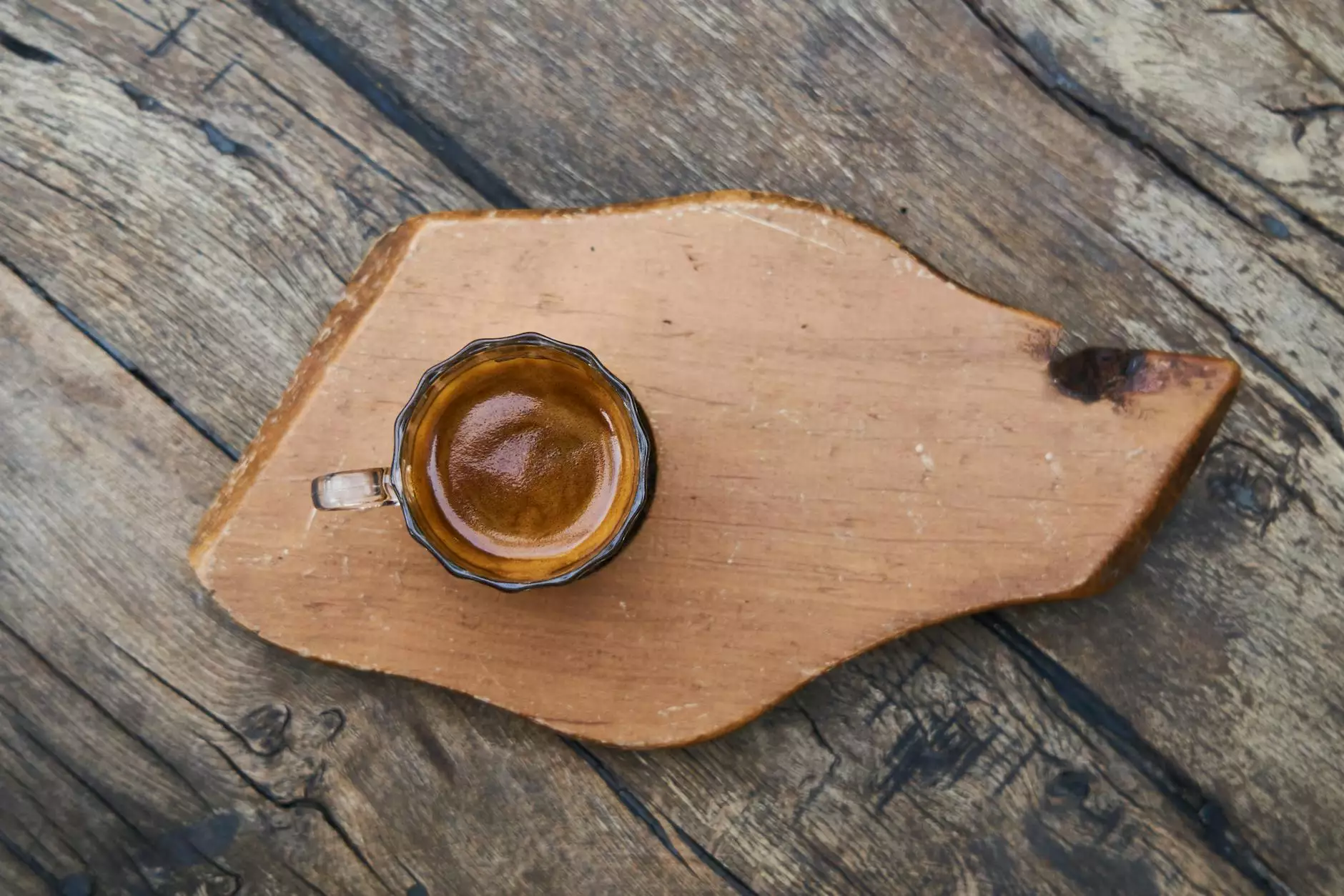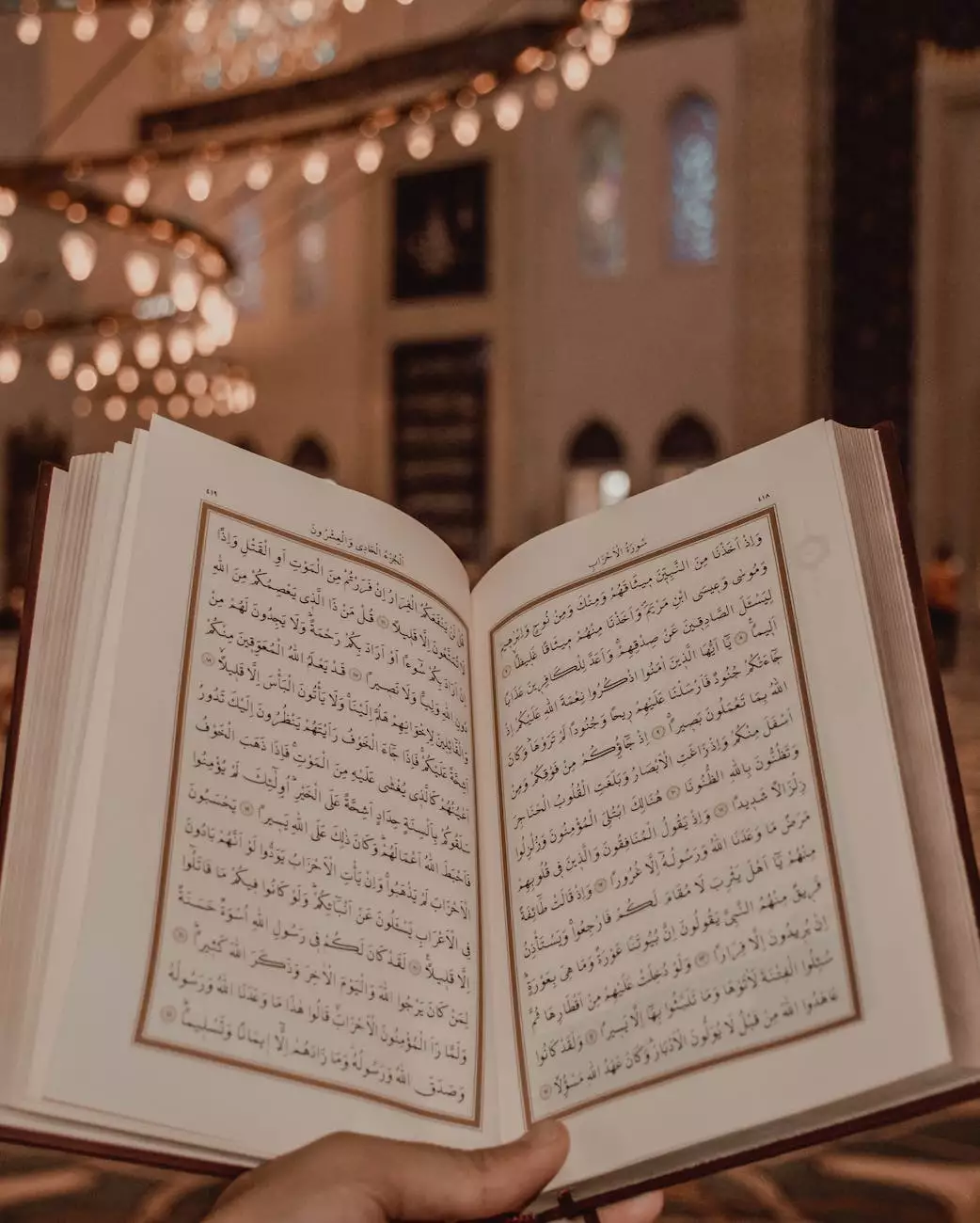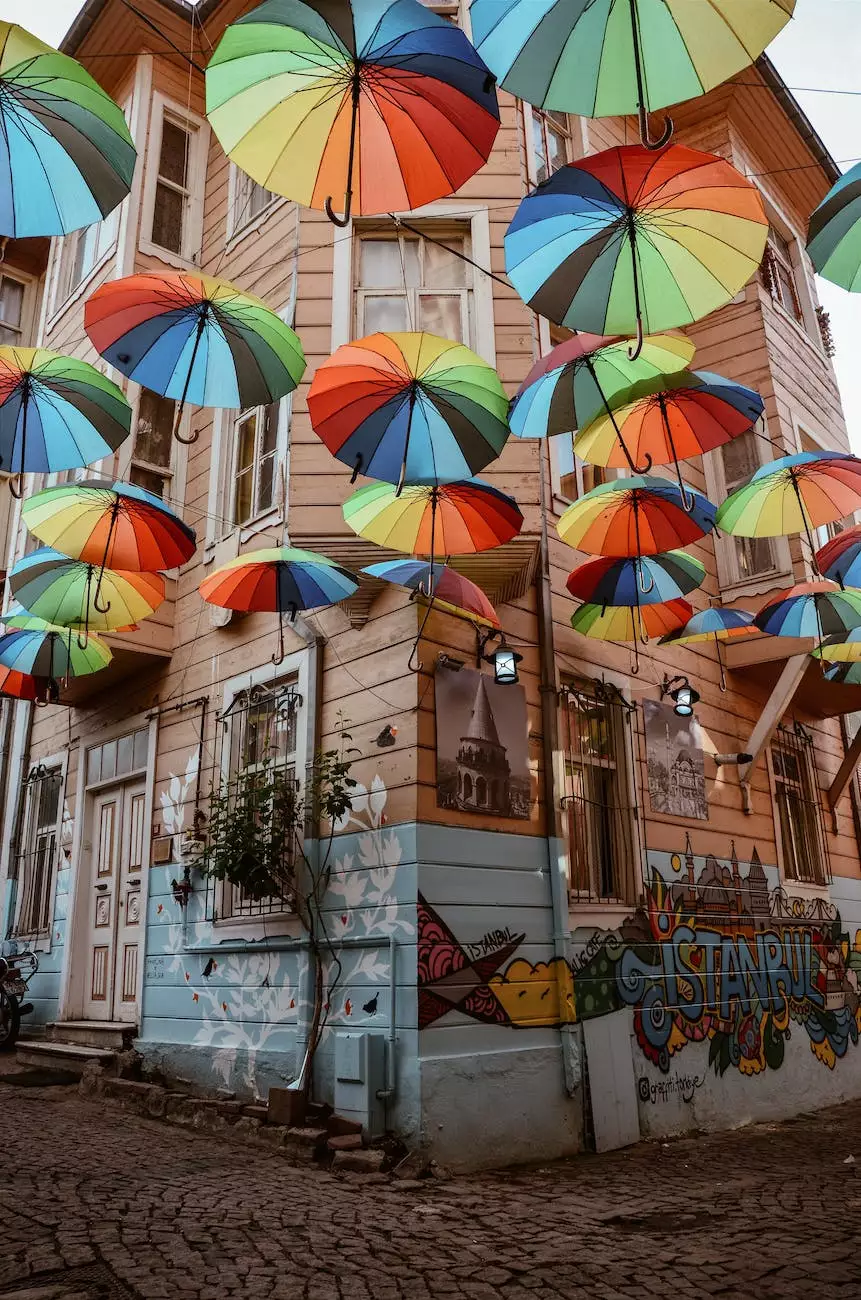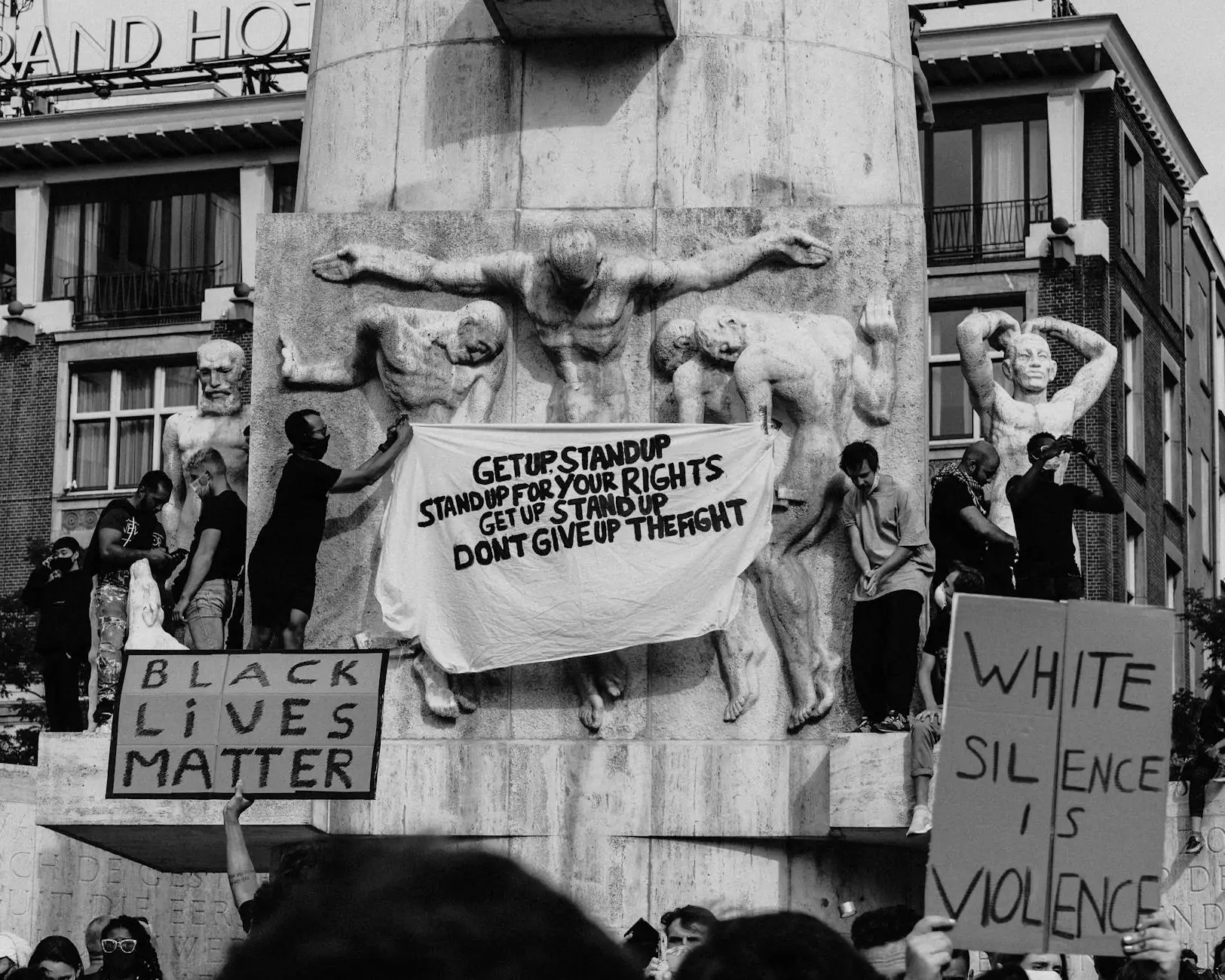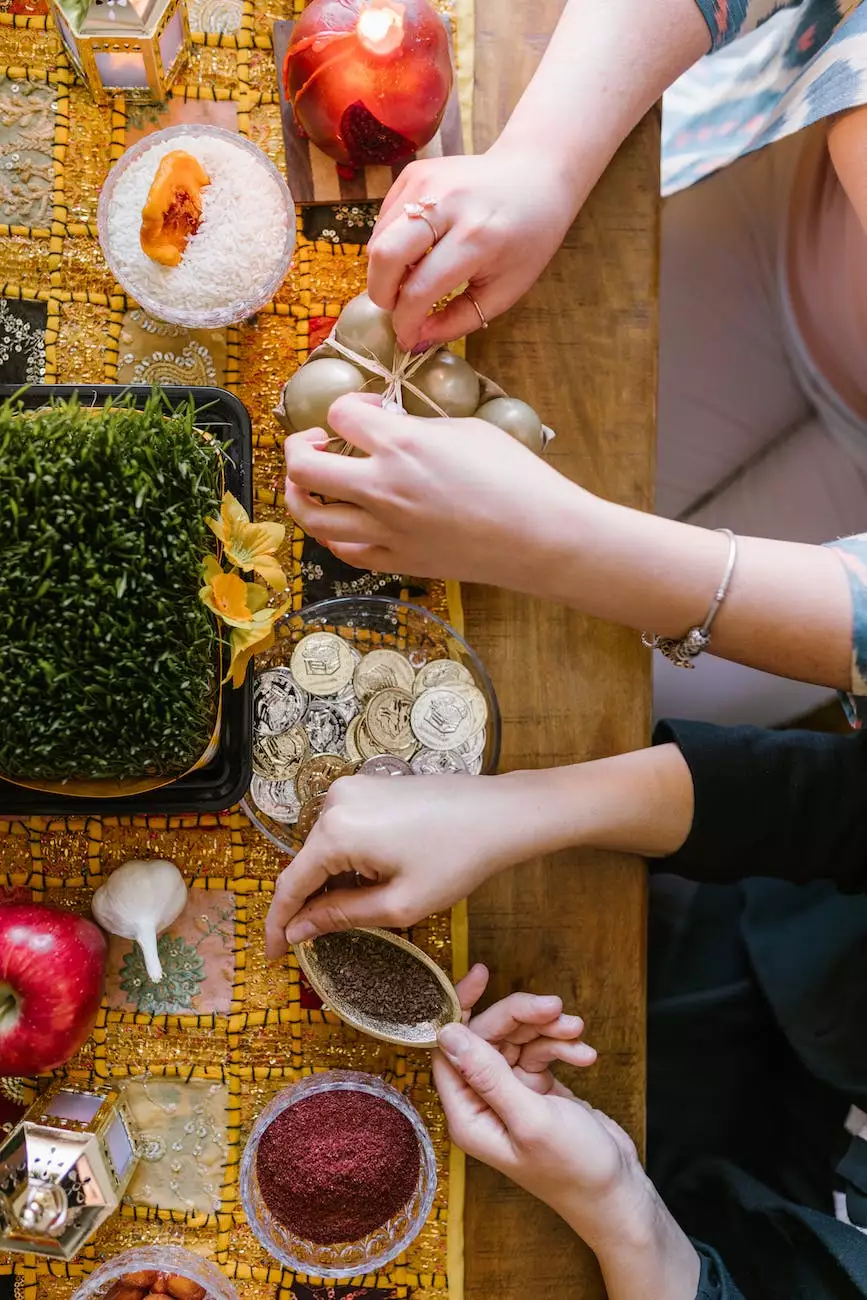Dia de los Muertos — Spanish Language and Culture
Blog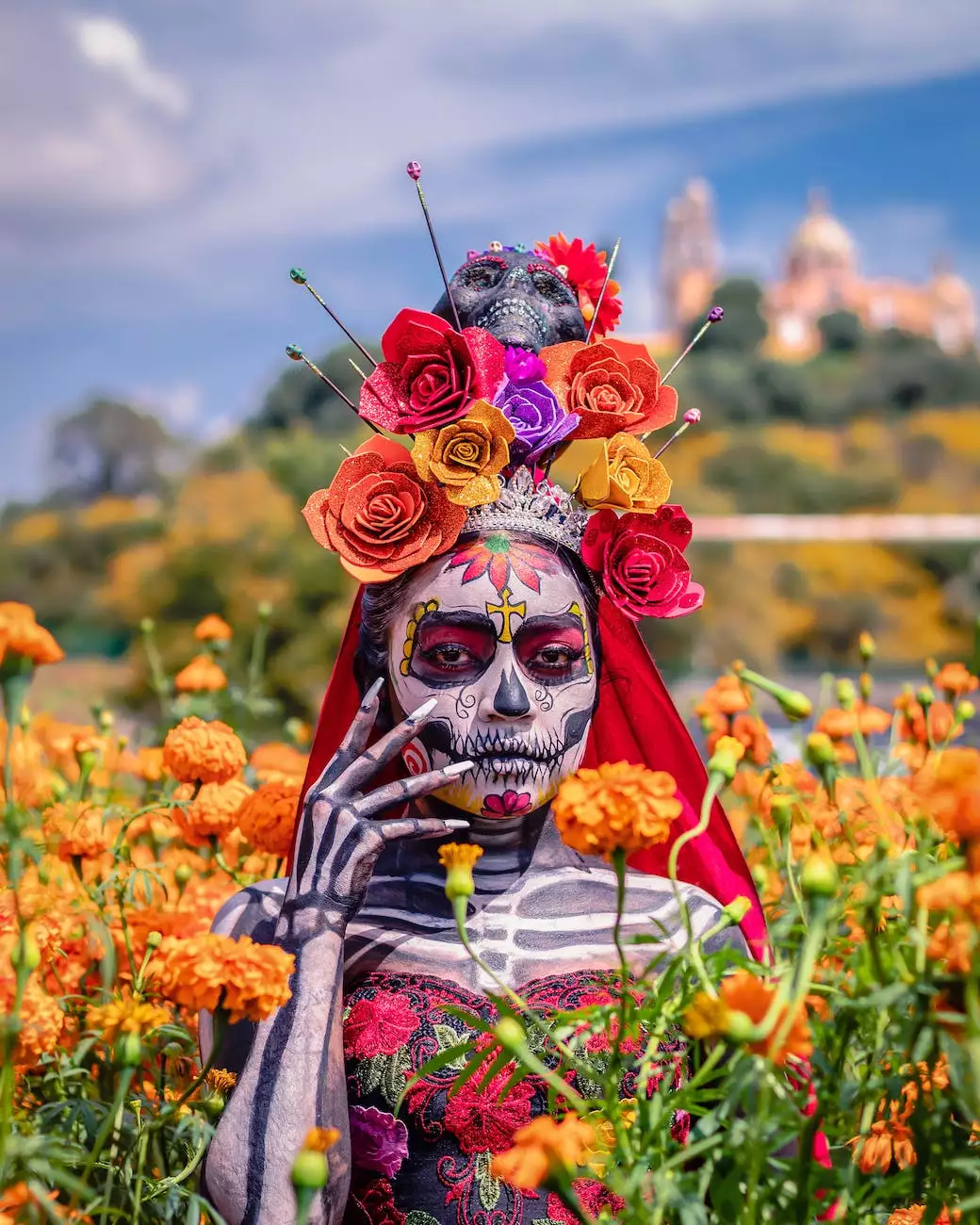
Introduction
Welcome to NJCLT, your ultimate destination to explore the rich Spanish language and culture. In this article, we will delve into the fascinating celebration of Dia de los Muertos (Day of the Dead) — a significant event deeply rooted in Mexican heritage.
History of Dia de los Muertos
Dia de los Muertos has ancient origins dating back to the pre-Columbian era when indigenous people such as the Aztecs, Mayans, and Toltecs practiced rituals honoring their deceased ancestors. Today, it has become one of Mexico's most iconic festivals, blending indigenous traditions with Catholic beliefs.
Significance and Traditions
Remembering and Honoring Loved Ones
Dia de los Muertos is a time to remember and honor loved ones who have passed away. Families create altars called "ofrendas" adorned with photographs, favorite foods, flowers, and other cherished items of the deceased. These altars serve as a welcoming space for spirits to reunite with their families during the celebration.

